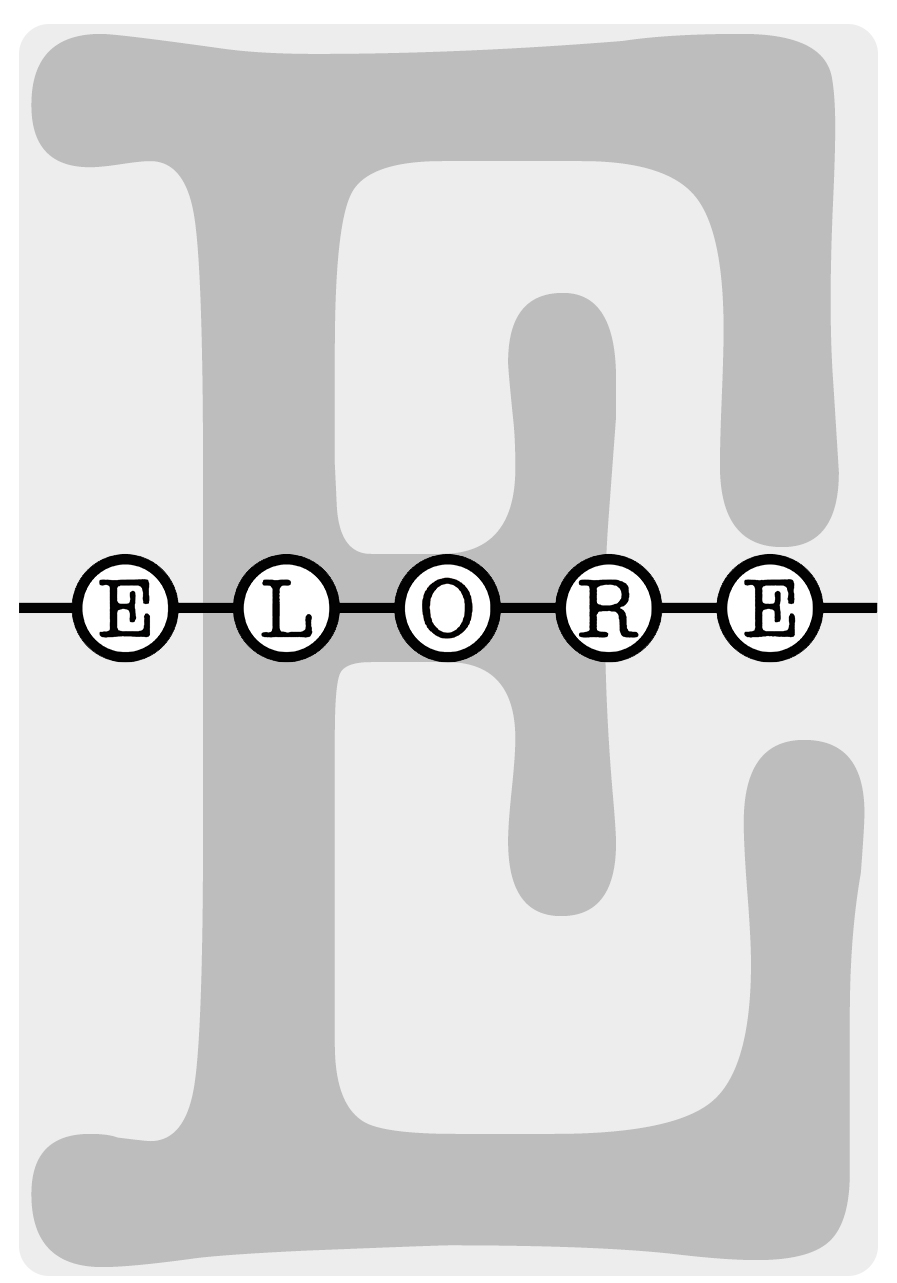Poissaolevan politiikkaa. Historia ja perinteinen kulttuuri nenetsien etnisyyden rakennusaineina
DOI:
https://doi.org/10.30666/elore.78519Abstract
The article deals with Nenets ethnicity and its connections with history and tradition, and it is based on the ethnographic fieldwork made in Nenets autonomous okrug in periods of varying length in 2000, 2003, 2004 and 2005. Besides participant observation and interviews, the material consists of archive and news paper material and literature describing Nenets history. I use the terms ethnicity, heritage, and politics of history as key concepts with which I define how Nenets ethnicity is constructed and articulated around the discussion about the fortification of Pustozersk and its 500th anniversary in 1999. The Nenets opened their own monument, Hèbidja Ten, during the anniversary celebrations and thus brought out a differing memory of the past. This evoked many debates over the right way of telling the history. Describing discussions about history, the opening ceremony, and also other activities of Nenets intelligentsia, this article argues that Nenets ethnicity is constructed on two absents, namely the traditional way of life and the glorious history. Still, in the current post-Soviet context, these two are made meaningful parts of Nenets ethnicity.Downloads
Published
How to Cite
Issue
Section
License
The journal follows Diamond Open Access publishing model: the journal does not charge authors and published texts are immediately available on the Journal.fi service for scientific journals. By submitting an article for publication on Elore, the author agrees, as of September 2024, that the work will be published under a CC BY 4.0 licence. Under the licence, others may copy, transmit, distribute and display the copyrighted work and any modified versions of the work based on it only if they attribute the licence, the original publication (link or reference) and the author as the original author. Any modifications made must be acknowledged.
Copyright of the texts remains with the authors, and self-archiving (Green OA) of the published version is allowed. This also applies to texts published before September 2024. The Green OA publication must include Elore's publication details.
The metadata for published articles is licensed under Creative Commons CC0 1.0 Universal.





